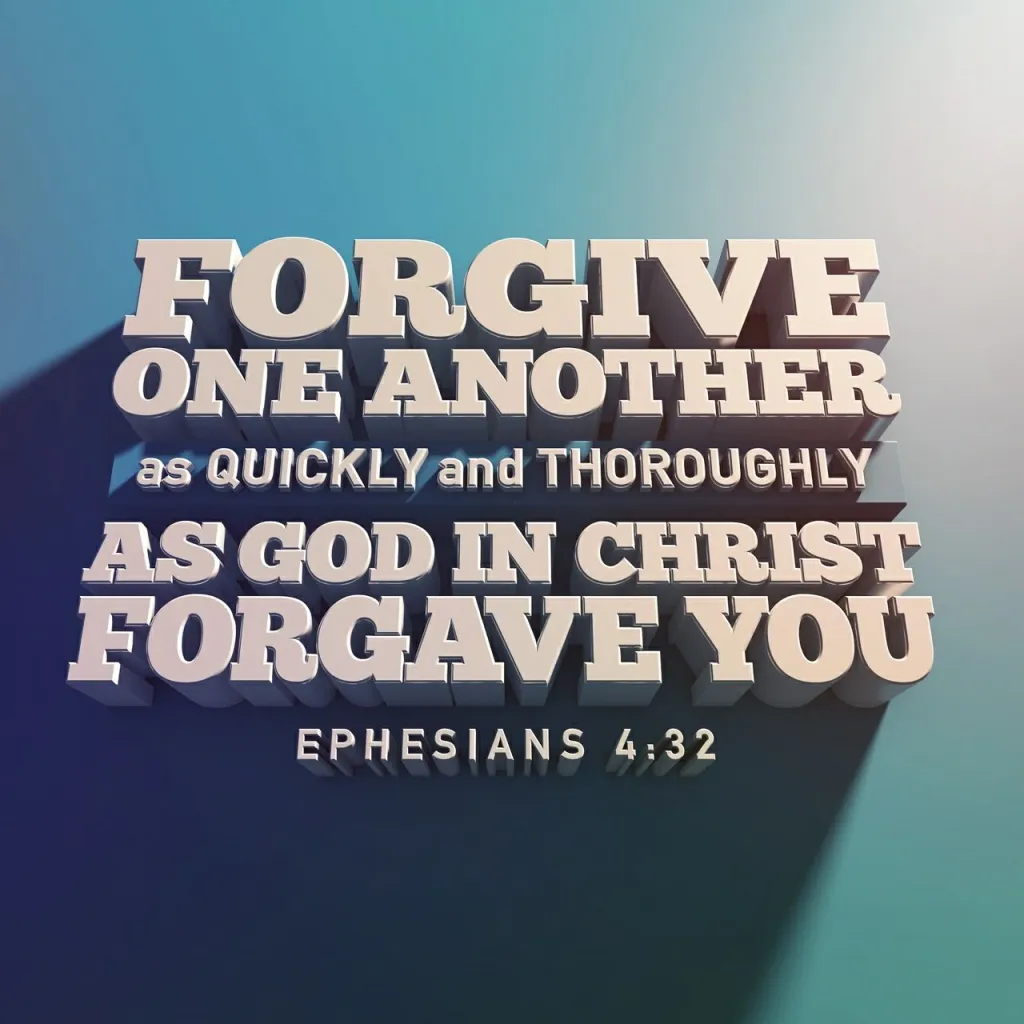THE SEED
And be ye kind one to another, tender hearted, forgiving one another. Ephesians 4:32
Paul the apostle made many sacrifices. To spread God’s Word, he endured hunger, a shipwreck, beatings, and jail. Therefore, he had every right to anticipate that the men and women he taught would be loyal to him in times of need. But only Luke continued to offer assistance while Paul faced his Roman incarceration and trial before a government tribunal. Friends of Paul might have refrained from going because they feared being the target of the tribunal’s next inquiry or felt certain that the apostle’s faith would protect him. Paul simply had one message for his deserters, regardless of the reason: “May it not be counted against them” (2 Timothy 4:16). Paul’s remarks retell Stephen’s tale. Paul, who was then a Pharisee named Saul, watched with approval as Stephen was stoned for preaching the Word. The apostle’s later repentance must have been greatly eased by recalling Stephen’s final words, “Lord, do not hold this fault against them,” which he said following his encounter on the road to Damascus (Acts 7:60). When people let us down, we may feel justified in harbouring resentment and hatred, but we don’t have the right to refuse to forgive. God’s demand remains the same: We should forgive because Jesus forgave us, regardless of the suffering someone caused or the loneliness their departure brought.
PRAYER
Oh Lord, give me the grace not to see fault in what people do to me, give the grace to overlook things, Amen.
BIBLE READINGS: 2 Timothy 4:9-18
JIJIGIRI SI IKUNA AWON ELOMIRAN
IRUGBIN NAA
Kí ẹ sì máa ṣe onínúure fún ara yín, kí ẹ sì máa dáríjì ara yín. Éfésù 4:32
Paalù àpọ́sítélì ṣe ifaraji pupo. Lati se ipolongo Oro ólorun, o febi pa Inu, o ri idojuko ninu oko oju omi. A naa, a si ju sinu tubu. Nítorí náà, ó ní etọ́ láti fojú sọ́nà pé àwọn ọkùnrin àti obìnrin tí òun ń kọ́ yóò jẹ́ olooto sí òun ní àwọn àkókò àìní. Ṣugbon iwe Luku se afihan bi Paalù se deni atimole, ti a si se Idajo re ni ile ejo ijoba. Àwọn orẹ́ Paalu lè ko láti lọ torí pé wọ́n ń berù pé ki a ma dawọ́n lejo tabi Nini aridaju wipe é ìgbàgbọ́ àpọ́sítélì náà máa dáàbò bò ó. Paallù wule ní orọ̀ kan ṣoṣo fún àwọn tí wọ́n sá kúrò lọ́do re, láìka ìdí tí ó fi jẹ́ pé: “Kí a má ṣe kà á sí eṣe siwon lorun.” (2 Tímótì 4:16). Oro Paalù tun Oro Stefani salaye. Paalù, ẹni tó jẹ́ Farisí nígbà yẹn tó ń jẹ́ Saalù, rí i bí wọ́n ṣe sọ Sítéfánù lókùúta fún ìwàásù oro náà. Ìrònúpìwàdà àpọ́sítélì náà ti gbọ́do rọrùn gidigidi nípa rírántí àwọn oro ìkẹyìn Sítéfánù pé, “Olúwa, má ṣe di ebi yìí sí wọn lára,” èyí tí ó sọ lẹ́yìn pàdé re ní ojú ona Damasku (Ìṣe awon Aposteli 7:60). Nigbati awon ènìyàn ba jawa kule, a le darawa lare nipa Nini etanu àti ikorira. Ṣugbọn, ohunkohun ti owu ki a maa la koja, ènìyàn kan ni o se okunfa re tabi didawa ti Lilo won muwa fun wa.
ADURA
Oluwa, fun mi ni oore-ofe lati ma ri asise ninu ohun ti eniyan n ṣe si mi, fun mi ni oore-ọfẹ lati foju fo awon asise na. Amin.
BIBELI KIKA: 2 Tímótì 4:9-18
